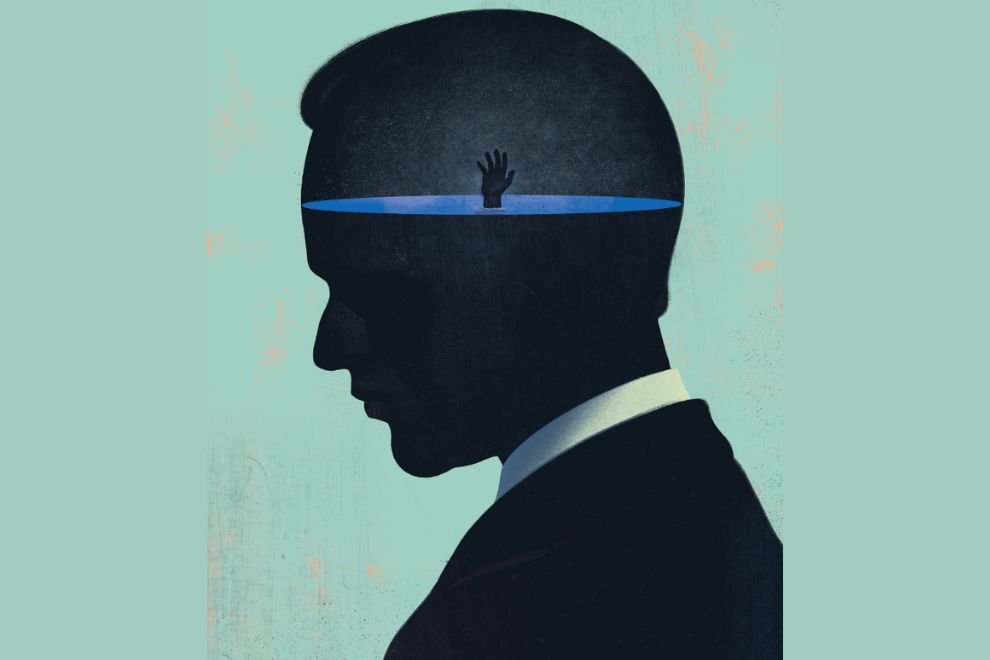Depression, with its far-reaching impact on mental and emotional well-being, requires a multifaceted approach for effective treatment. Beyond its toll on individuals, depression can ripple through families, workplaces, and communities.
Fortunately, a variety of treatment options exist to bolster mood and combat the pervasive effects of depression. From therapy to medication and lifestyle changes, here are 8 treatment options to uplift your mood and combat depression.
1. Psychotherapy:
Psychotherapy offers a safe and supportive environment for individuals to explore the underlying causes of their depression. By engaging in collaborative dialogue with a trained therapist, individuals can delve into past experiences, traumas, and learned patterns of behavior that contribute to their distress.
Through this process of introspection and self-discovery, individuals gain valuable insights into the root causes of their depression, allowing them to make connections between past events and current emotional struggles. This increased self-awareness empowers individuals to challenge negative thought patterns and maladaptive coping mechanisms that exacerbate their symptoms.
2. Medication:
While medication can be highly effective in alleviating symptoms, it’s important to recognize that it may take time to find the right medication and dosage that works best for each individual.
Additionally, regular monitoring by a healthcare provider is essential to assess treatment response and address any potential side effects. Adherence to prescribed medication and open communication with healthcare providers are key factors in achieving optimal outcomes in depression management.
3. Lifestyle Changes:
Incorporating regular exercise into daily routines not only boosts mood but also promotes overall physical health, which is closely linked to mental well-being. Adequate sleep is essential for emotional regulation and cognitive function, and establishing a consistent sleep schedule can significantly improve mood and energy levels. Moreover, adopting a nutritious diet provides essential nutrients that support brain function and may help stabilize mood fluctuations.
4. Testosterone Replacement Therapy (TRT):
For individuals with clinically diagnosed hypogonadism (low testosterone levels), Testosterone Replacement Therapy (TRT) may offer benefits beyond addressing physical symptoms. Emerging research suggests a potential link between low testosterone levels and mood disturbances, particularly in men. While TRT is primarily indicated for hypogonadism, some studies have shown promising results in improving symptoms of depression in individuals with low testosterone levels.
We advise that you learn about testosterone replacement therapy from a qualified healthcare provider to determine if it’s suitable for your individual circumstances and discuss potential risks and benefits thoroughly before considering this treatment option. Consulting with a healthcare professional will ensure informed decision-making and optimal management of depressive symptoms.
5. Mindfulness and Meditation:
Mindfulness practices not only reduce symptoms of depression but also cultivate inner calm and emotional balance. By observing thoughts and emotions without judgment, individuals develop resilience and reduce reactivity to stressors.
Consistent mindfulness practice enhances psychological well-being, contributing to long-term recovery from depression. Engaging in mindfulness exercises such as meditation, deep breathing, and body scans can promote relaxation and emotional regulation, providing valuable tools for managing depressive symptoms effectively.
6. Support Networks:
The sense of camaraderie and understanding fostered by support groups can provide individuals with validation and encouragement on their journey toward recovery. Sharing experiences and coping strategies with peers who have faced similar challenges can instill hope and reduce feelings of isolation. Furthermore, involvement in support networks offers opportunities for social connection and interpersonal growth, which are vital aspects of mental health recovery.
7. Alternative Therapies:
While alternative therapies may not be considered primary treatments for depression, they can complement conventional approaches and offer additional support. For example, acupuncture and massage therapy promote relaxation and may help alleviate physical tension associated with depression.
Herbal supplements such as St. John’s Wort and omega-3 fatty acids have shown some promise in reducing depressive symptoms, although their efficacy and safety should be carefully evaluated in consultation with a healthcare provider. Integrating alternative therapies into a comprehensive treatment plan can provide individuals with a holistic approach to managing depression and improving overall well-being.
8. Exercise and Physical Activity:
Regular exercise has been shown to have profound effects on mood and overall mental health. Engaging in physical activity releases endorphins, neurotransmitters that act as natural painkillers and mood elevators. Exercise also reduces levels of the body’s stress hormones, such as cortisol, while increasing the production of chemicals that promote brain cell growth and connectivity.
Whether it’s going for a brisk walk, hitting the gym, or participating in a team sport, incorporating regular exercise into daily routines can significantly alleviate symptoms of depression and enhance overall well-being.
Conclusion
Depression is a complex and challenging condition, but it is treatable. By combining psychotherapy, medication, lifestyle changes, mindfulness practices, TRT, support networks, and alternative therapies, individuals can effectively manage symptoms, boost mood, and regain a sense of control over their lives. It’s important to remember that recovery from depression is a journey, and finding the right combination of treatments may take time. With dedication, support, and perseverance, it is possible to overcome depression and thrive.








